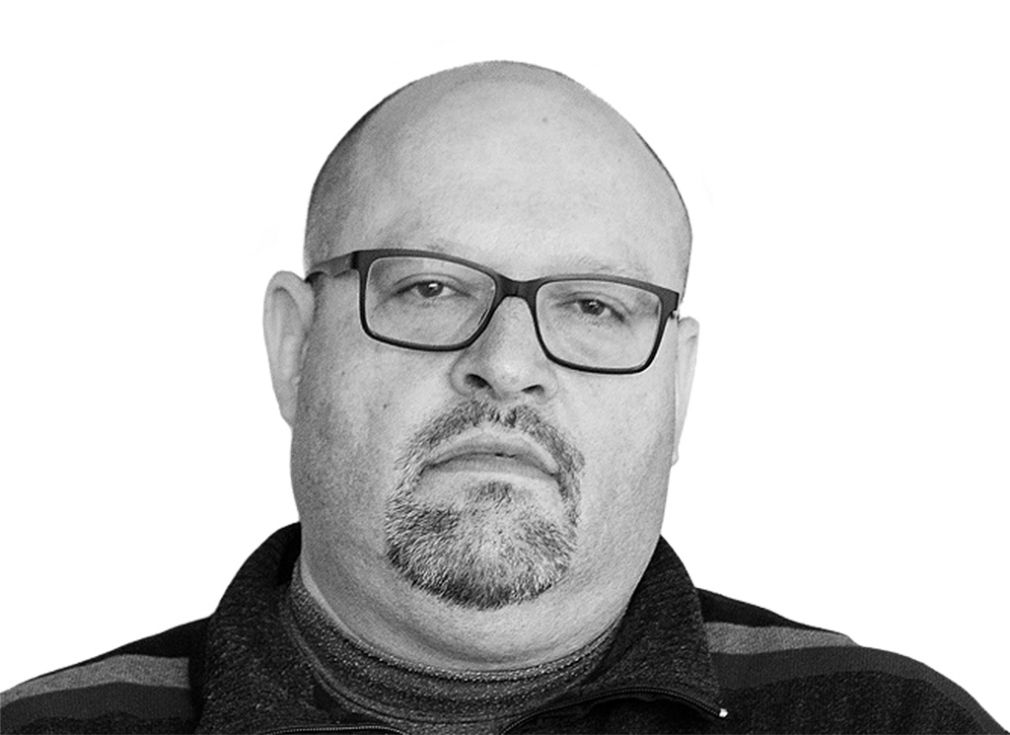By: Dr Matevž Tomšič
In the dominant media, the mantra that has been constantly repeated for the past two years is how the government (we are talking about the previous one, Janša’s, make no mistake) is undermining “media autonomy and professionalism” with its politically motivated interventions. In fact, this is recycled every time when “every quarter” Slovenia is dominated by a group that leans more to the right. At that time, journalists and other creators of media content become an “endangered species”, so to speak.
However, one must ask how competent and autonomous those who claim to be exemplars of professional journalism really are; or if we are a bit cynical, is there even much in the Slovenian media space that could be “undermined”.
It is known that the Slovenian media space is very unbalanced, as most journalists and editors more or less openly support the left-wing political option. Even some of them – albeit more quietly – admit this. However, they claim to be able to critically “keep a close eye on” everyone, both right and left. This means that, although their heart “beats for the left”, they are able to criticise “their own” and expose their indecencies. This is the difference between them, who as true professionals control every kind of authority, and politically dependent and biased right-wing or “Janša’s” media, which only attack Janša’s opponents, while uncritically supporting him and his colleagues, regardless of what they do in practice.
But of course, it is not like that. Almost all research that has been conducted on the topic of the political and ideological colouring of media reporting has found a clear dominance of content that supports the left option and the ideas it advocates. The media is significantly more critical of the right than of the left. Someone could say that right-wingers produce more scandals, which is why they are reported more critically. But if we compare how the mainstream media reports on similar actions of different political protagonists, we notice a distinct double standard. These are, for example, very obvious in personnel moves. When personnel changes are carried out by the right, it is marked as political purges, but if they are carried out by the left, it is something normal. If every little detail in personnel selection is problematised with right-wing governments, then the media is more lenient with left-wing governments even with candidates with very heavy “baggage” on their shoulders. Thus, a man was recently appointed to the position of director of the National Investigation Office, who is not only a pure political cadre, but a criminal complaint was filed against him for the alleged misuse of European funds. But the mainstream media did not mention this burdensome fact at all. If a similar candidate were to be proposed by Janša’s government, the same media would “tear him apart”.
The fact that the mainstream media also exposes irregularities, abuses and affairs committed by people from the left must be taken with a very big reservation. As a rule, such matters are reported when they can no longer be concealed. Nowadays, when channels for communicating information are abundant, it is significantly more difficult to hide something, at least in the long term. There is always someone willing to report on something. Let’s just remember the infamous “bullmastiff” affair, when the mainstream media kept silent about the most shocking revelations for quite some time, but after they became known mainly with the help of smaller media and social networks, they had to take them into consideration whether they wanted to or not. However, those rare “niche” media and those few journalists in the mainstream media, who set out to reveal the controversial actions of the left transitional elite, were generally subjected to pressure from members of the media majority (those who are “f…… many”), so that their quivering with professionalism is more than fake.

